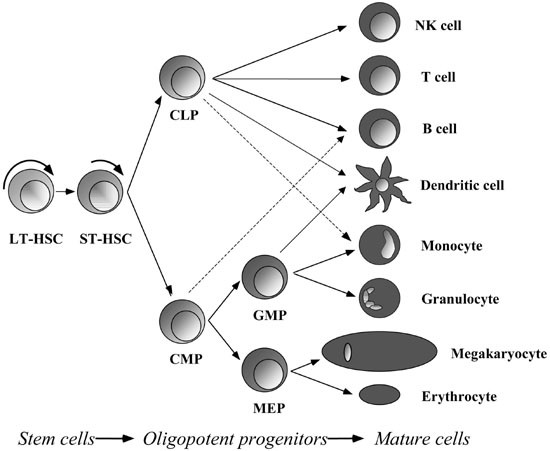
Cell Determination and Cell Senescence (The Living Cell)
By the end of this session students should be able to: - Describe cell determination. - Explain senescence process and the morphological, biochemical and molecular main characteristics associated. - Enumerate differences between senescence and apoptosis. - Discuss the association of telomeres with senescence process. - Identify the types of cells in which telomerase is normally active or inactive and its consequences.
-
What is cell determination?
The process whereby cell fate becomes stable. Itis followed by cell differentiation. When a cell chooses aparticular “fate”, it is said to be determined. Implies a stablechange.
-
What are the differences between Cell determination vs Cell differentiation? (4)
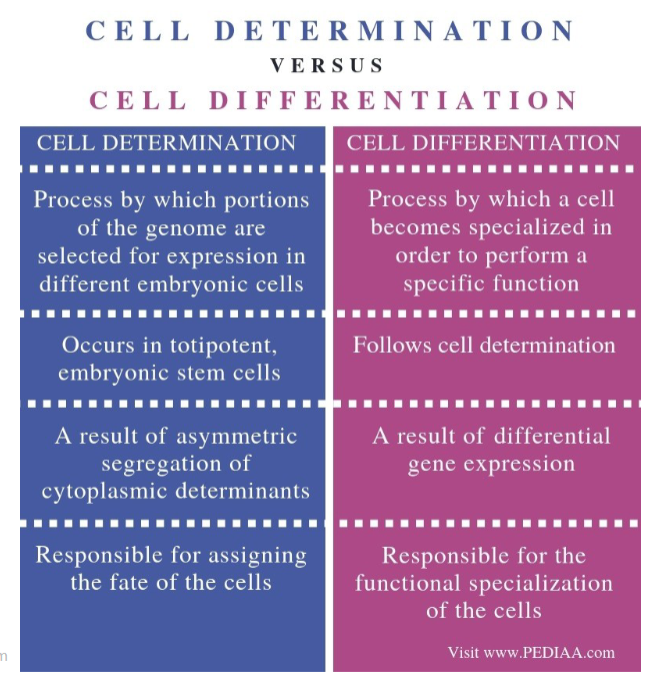
-
What is asymmetric cell division?
Mechanism contributing to cell determination.
Results in the generation of daughter cells with different fates and gene expression profiles
-
What is Differential Distribution of Cytoplasmic Molecules? And why is it important during division?
Uneven distribution of proteins or mRNAs within a cell before division.
Influences the fate and gene expression profile of daughter cells
-
How is Differential Distribution of Cytoplasmic Molecules controlled? (2)
Controlled by processes such as the positioning of cellular structures.
Involves the orientation of the mitotic spindle and localization of signalling molecules
-
What is the most common cause of cell determination?
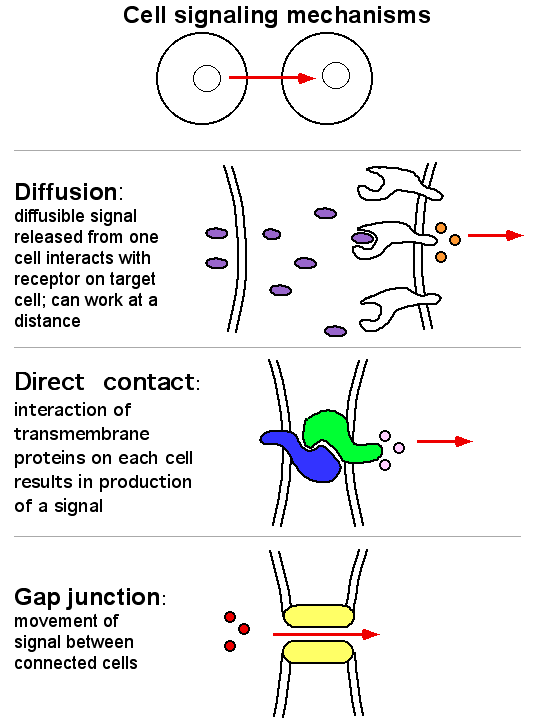
Inductive Signals
-Involves signals from neighbouring cells influencing the development of another group of cells
-
Pioneer factors/master regulators together with co-factors are key in.....?
Cell-fate decision-making
-
What is cell senescence? Why does it occur?
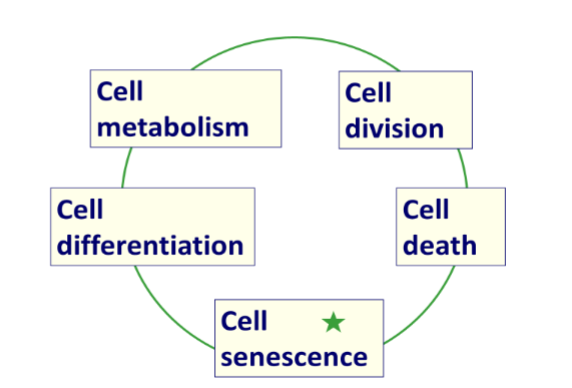
-Irreversible cell-cycle arrest mechanism in whichcells cease to divide
-Occurs in response to excessive extracellular or intracellular stress
-
What is apoptosis?
Is a morphologically and biochemically form of programmed cell death that plays an essential role during the individual’s life
-
What are the differences between apoptosis and cell senescence?
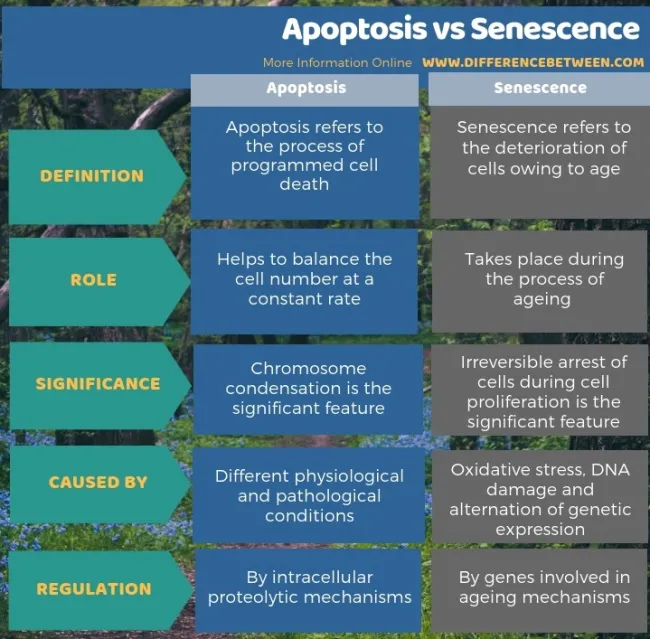
-
Cellular senescence is Strongly implicated in symptoms of..?
Ageing
-
Why is cellular senescence important when it comes to defence?
Provides defence against cancer
-
What is the Hayflick limit?
The number of times that a normal human cell population willdivide before cell division stops
-
Cellular Senescence; Implies morphological and biochemical changes in the cell. What does morphological mean?
Pertains to alterations in the structure, form, and appearance of the cell
Includes variations in cell size, organelle structure, and overall cellular architecture
-
What are some morphological changes that could take place?
- Larger and flat cells- Prominent nucleoli- Nuclear lamina degradation- Vacuolised- Chromatin reorganisation

